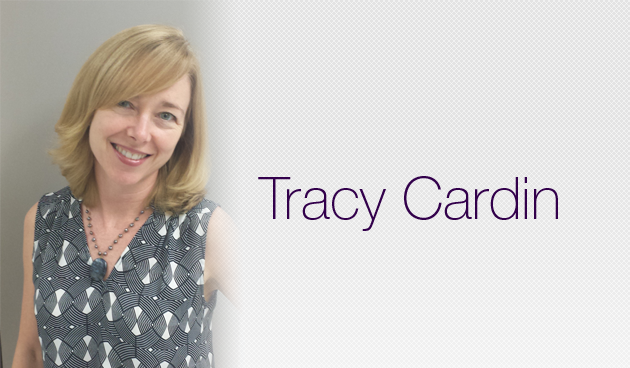I read a fascinating article from ProPublica about an NP, Heather Alfonso, who pleaded guilty in June to accepting $83,000 in payments from a drug company in exchange for prescribing a high priced drug used to treat cancer pain. However disturbing this is, notably in the data released by the federal government on payments by drug and device companies to doctors and teaching hospitals, the payments to nurse practitioner Heather Alfonso were not listed. This is because the Physician Payment Sunshine Act doesn’t require companies to publicly report payments to nurse practitioners or physician assistants, even though they are allowed to write prescriptions.
This behavior by the nurse practitioner is unconscionable really, and there have certainly been many physicians who have succumbed to the same temptations. Dr. Richard Grimm, a Minnesota researcher, served twice on government-sponsored hypertension panels that create guidelines about when to prescribe blood pressure pills. When state records revealed that he had earned more than $798,000 from drug companies from 1997 to 2005, invitations to serve on such panels decreased, though no charges were made.
Many drug companies are also taking note about their impact on prescribing behavior. Recently, from 2009 to 2012, Glaxo, a company with $10.1 billion in sales, paid almost $240 million dollars to doctors for promoting their products. In 2012, the company paid $3 billion in fines related to charges that it wrongfully marketed drugs for unapproved uses.
The New York Times reported that, in the first move of its kind among big pharmaceutical companies, Glaxo “will no longer pay doctors to promote its products and will stop tying compensation of sales representatives to the number of prescriptions doctors write.”
So changes are afoot, perhaps in response to the Physician Payment Sunshine Act of 2010, which requires companies to publicly report payment to physicians – notable, but not surprising. What is surprising is that when the federal government recently released data on payments by drug and device companies to doctors and teaching hospitals, those payments to that nurse practitioner were not listed.
Back to the ProPublica piece: when I read this, of course I’m outraged that one of my NP brethren would be lured by the fancy dinners and legal tender to prescribe in an unethical way. The drug Heather Alfonso was prescribing, Subsys, is an expensive drug used to treat cancer pain. In most cases this NP prescribed the drug to people who did not have cancer. Some of them she didn’t even examine. Shameful.
The real zinger though is that when the Physician Payment Sunshine Act was drafted, physician groups were engaged in policy development, but nurse practitioners (and presumably physician assistants) were not at the table. Because NP/PA representatives were not a part of the policy discussions, we weren’t covered by the law. Per this same ProPublica article, NPs and PAs prescribe about 15% of all prescriptions nationwide in the first 5 months of the year. It’s a pretty big mistake for us to be left outside the room.
I often joke about how NP/PA providers are the “house elves” of medicine. We do a lot of work that is never seen, or measured, or evaluated or acknowledged. And it is funny at times how invisible we are. We need to have the same level of accountability and responsibility for our prescribing, our treatment and our behavior, but we can’t do that if we are not included in the conversation. The implications of us not being seen or included in decision making and legislation on the national level are clear. Start thinking about using the word “provider” instead of physician. Hold all providers accountable. First, see us.



Leave A Comment